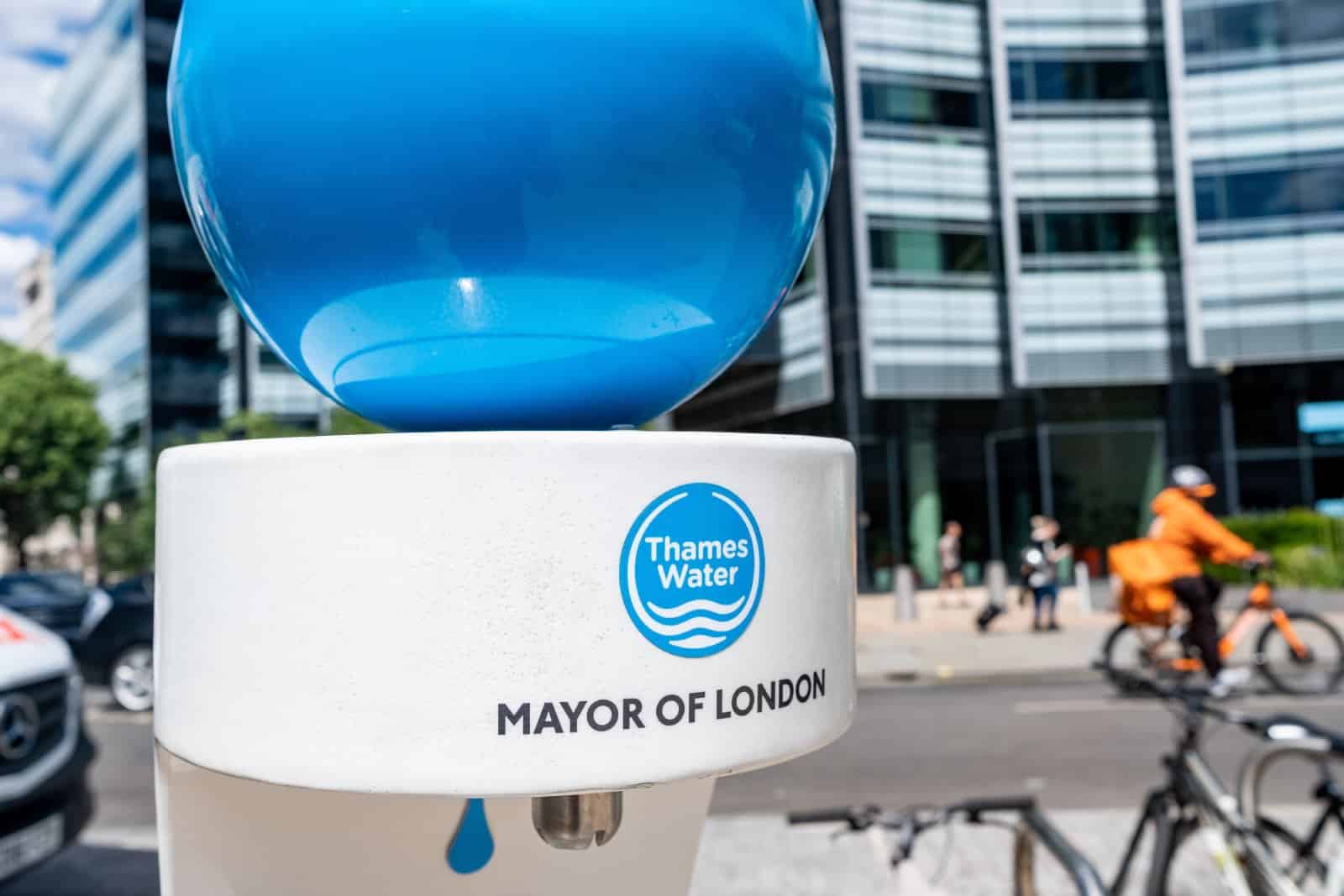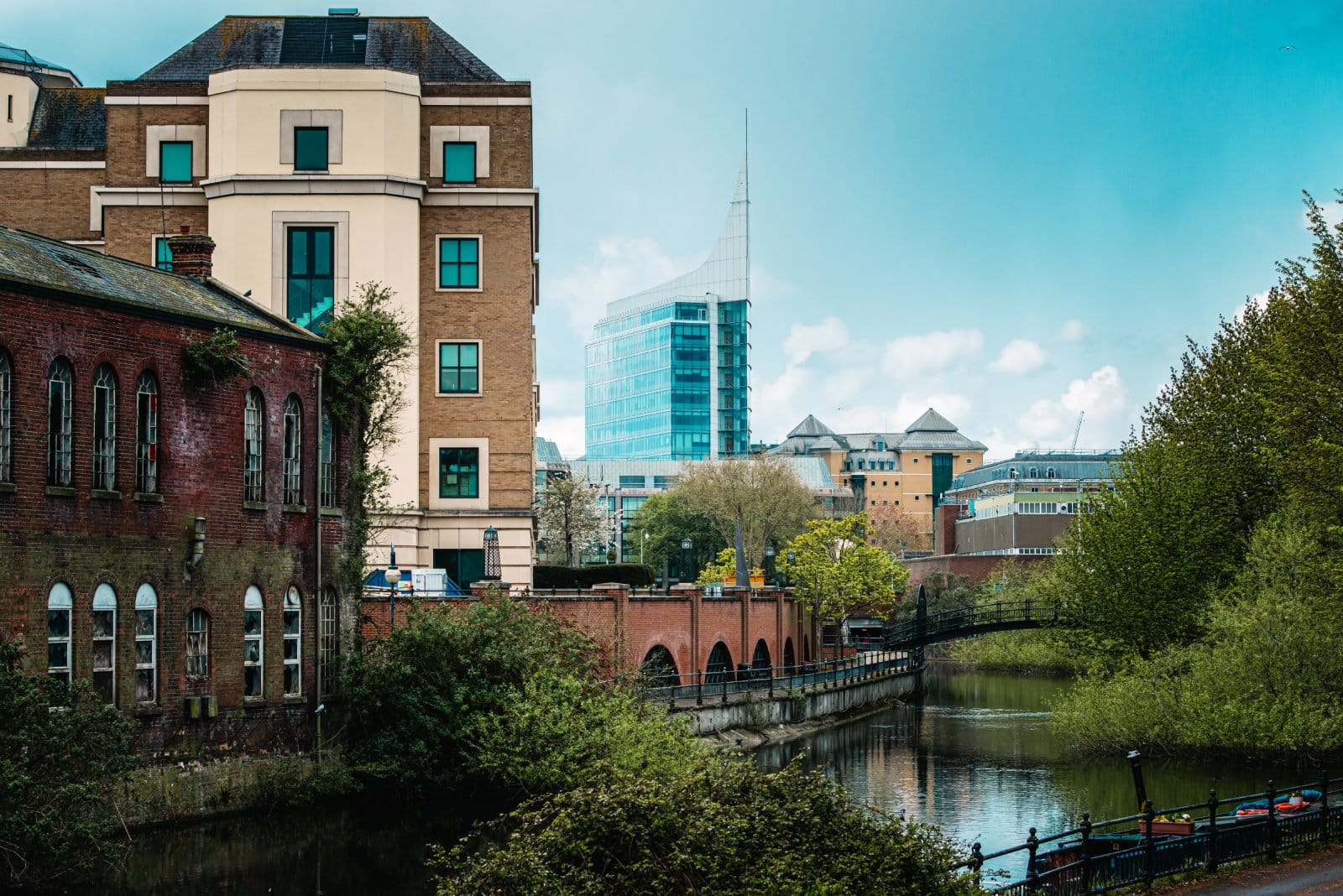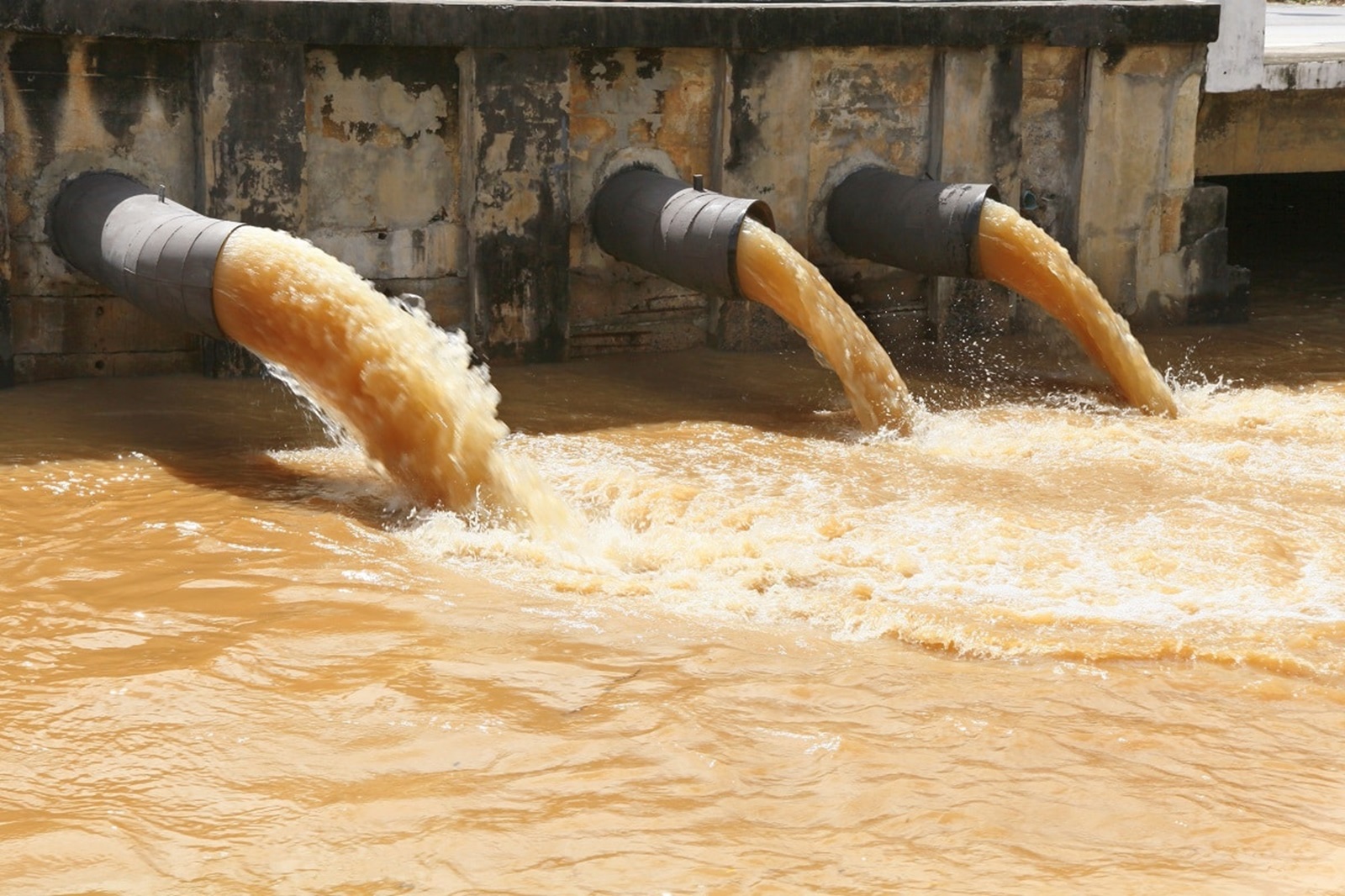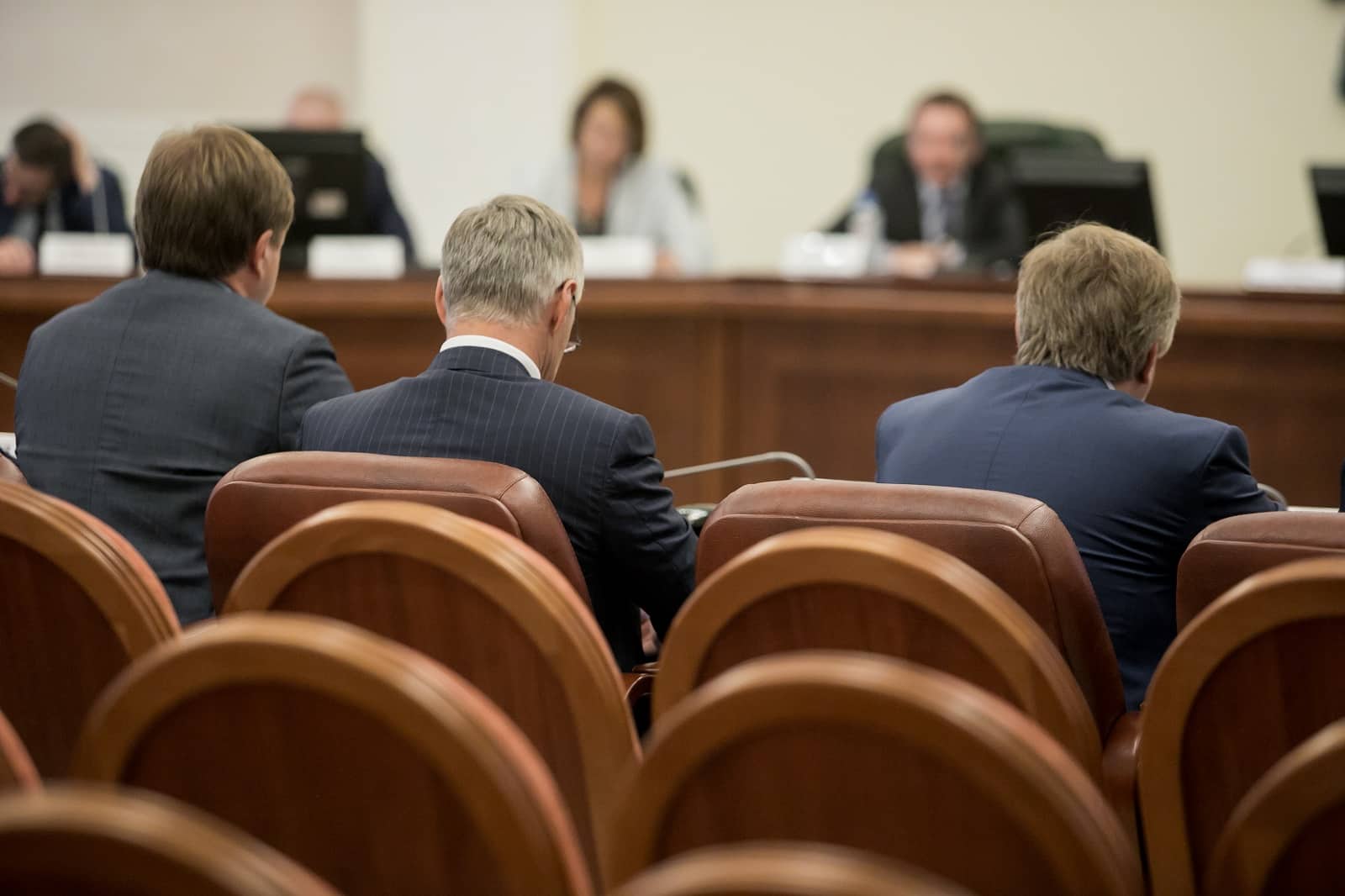Thames Water is facing a severe crisis with rising customer bills, increased sewage pollution, and potential nationalisation as regulatory scrutiny intensifies. Here’s the full story.
Unprecedented Special Measures

Ofwat, the water industry regulator, has placed the UK’s largest water company, Thames Water, under unprecedented special measures due to significant financial and operational challenges.
“Turnaround Oversight Regime”

Facing the possibility of restructuring or temporary renationalisation, Thames Water must now adhere to a “turnaround oversight regime” and heightened regulatory measures. This move comes as the company grapples with a staggering £15.2 billion debt and the necessity to reassure investors about its future viability.
“Costs Poorly Justified”

Ofwat’s chief executive, David Black, highlighted the inadequacies in Thames Water’s business plan, stating, “Costs were poorly justified, service levels were unsatisfactory and so that makes our job more challenging.” The company’s plan was criticised for being late, incomplete, and lacking ambition.
Regular Updates Required

As a result, Thames Water must provide regular updates on its investment plan and overall progress, aiming to regain investor confidence and avoid falling into special administration.
Customer Concerns Over Bills

Thames Water’s business plan has sparked concerns among its 16 million customers, who are expected to face a 22% increase in their water bills over the next five years. This rise translates to an additional £99 annually, bringing the average bill to £535. Originally, Thames Water had proposed a 44% increase, which Ofwat significantly curtailed.
Increasing Sewage Pollution

Eye-watering debt levels are not Thames Water’s only problem. The company has struggled with increasing sewage pollution incidents, primarily due to its ageing treatment works.
Old Equipment Blamed

In the past year, pollution incidents rose from 331 to 350, primarily because of delays in investment aimed at creating more capacity at its facilities. CEO Chris Weston attributed this rise to the inability of old treatment works to cope with a 40% increase in rainfall and high groundwater levels.
Investigations and Potential Fines

Despite Thames Water’s CEO blaming old equipment and bad weather for the company’s issues, it is currently the centre of multiple investigations and potential fines due to illegal sewage dumping. Ofwat and the Environment Agency are scrutinising the company’s operations, with the possibility of significant financial penalties.
Environmental Campaigners Outraged

Environmental campaigners have continuously and loudly complained about the company’s many failures. Paul de Zylva of Friends of the Earth stated, “Water companies have had free licence to line their shareholders’ pockets handsomely for decades while letting our rivers and seas fill with sewage and infrastructure crumble. It’s staggering that the company is still counting on weak regulation to allow it to survive by pushing its problems on to its customers.”
Controversial Dividend Payment

As if that were not bad enough, just days before Thames Water was placed on special measures, the company approved a highly controversial £150 million dividend payment just hours before its shareholders’ crucial funding reversal.
Potential Government Intervention

The potential collapse of Thames Water poses significant challenges for the government. Officials are preparing for temporary nationalisation, codenamed Project Timber, should the company fail to secure fresh funds from investors.
Debt Transfer to Public Sector

This plan involves transferring the bulk of Thames Water’s £15.6 billion debt to the public sector, a move fraught with financial and ethical implications, especially when the government coffers are in such bad shape.
Enhanced Regulatory Powers

In the meantime, Ofwat has enhanced its regulatory powers, allowing it to scrutinise dividend payments and ensure they reflect the company’s performance and financial resilience. The regulator aims to prevent excessive payouts from weakening Thames Water’s financial standing.
Investor Confidence Plummets

Thames Water’s current predicament has severely impacted investor confidence. The company’s ability to raise new funds is crucial to avoid special administration and potential nationalisation. Despite the challenges, Thames Water asserts it has sufficient cash to operate until next June. Still, the looming December deadline for the regulator’s final verdict is increasing pressure on the troubled company.
Demanding Operational Improvements

For Thames Water to emerge from its crisis, it must demonstrate significant improvements in operational performance, investment delivery, and financial stability. Over the next five years, the company has been tasked with reducing sewage spills by 64%, cutting leaks by 19%, and reducing supply interruptions by two-thirds.
Future Options Considered

Additionally, Thames Water may face restrictions on its debt levels and could potentially separate into multiple entities or list on the stock exchange to raise equity.
Willingness to Cooperate

A spokesperson for Thames Water indicated a willingness to cooperate with Ofwat’s demands, stating, “We will consider all of Ofwat’s proposals as we go through this process. This is one stage in a longer process.”
Questions About Nationalisation

As the company attempts to rebuild its image, reputation, and service levels, the potential nationalisation of Thames Water will likely lead to questions from the new Labour government over whether other important utility companies should be taken into public ownership. However, which side of the argument will triumph remains to be seen.
Russia Retreats as Western Allies Greenlight Ukraine’s Offensive

Recent Russian territorial gains in Ukraine could be reversed following a dramatic policy change from the US and Germany. The announcement could see a substantial tactical shift from both sides in the coming months. Russia Retreats as Western Allies Greenlight Ukraine’s Offensive
21 Lies You’ve Been Told About the British Royal Family

Ever thought you had the British Royal Family all figured out? Think again! From their powers and privileges to their personal lives, there are plenty of misconceptions floating around. Let’s dive into the myths and uncover the truths that might just surprise you. 21 Lies You’ve Been Told About the British Royal Family
18 Nations Tired of British Tourists

British tourists are known for their high spirits and adventurous nature, but not all countries appreciate their presence. Here’s a candid look at 18 countries where British tourists might not be as welcome as they think. 18 Nations Tired of British Tourists
Featured Image Credit: Shutterstock / Yau Ming Low.

